BBC Four TV Shows
435 shows • Page 12 of 22
 0
0How does It Work?
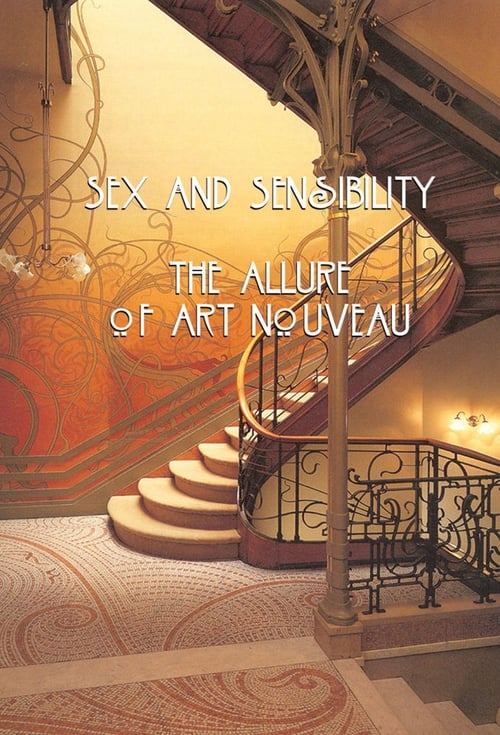 0
0Sex and Sensibility: The Allure of Art Nouveau
How the Art Nouveau movement flourished in the burgeoning cities of Europe at the end of the 19th century.
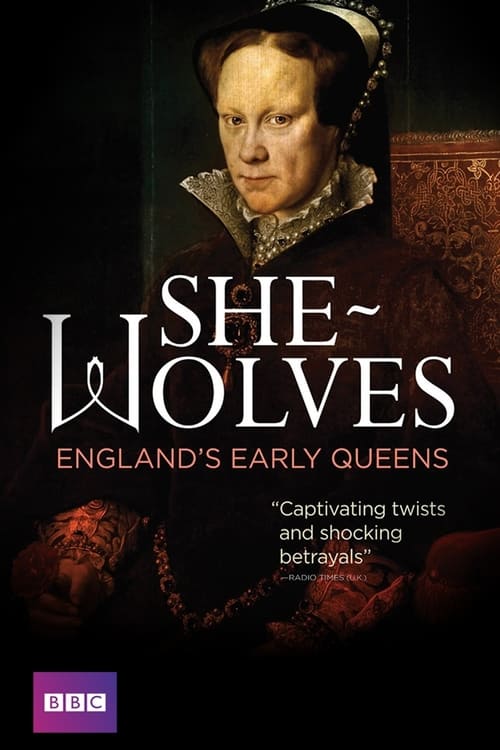
She-Wolves: England's Early Queens
Historian Dr Helen Castor explores the lives of seven English queens who challenged male power, the fierce reactions they provoked and whether the term 'she-wolves' was deserved.
 0
0Venice 24/7
With unprecedented access to Venice's emergency and public services this series goes behind the 15th-century facades to experience the real, living city. From daily emergencies to street sweeping, bridge maintenance to flood defence systems and a death-defying descent across St Mark's Square, this is Venice as you've never seen it before. This is Venice 24/7.
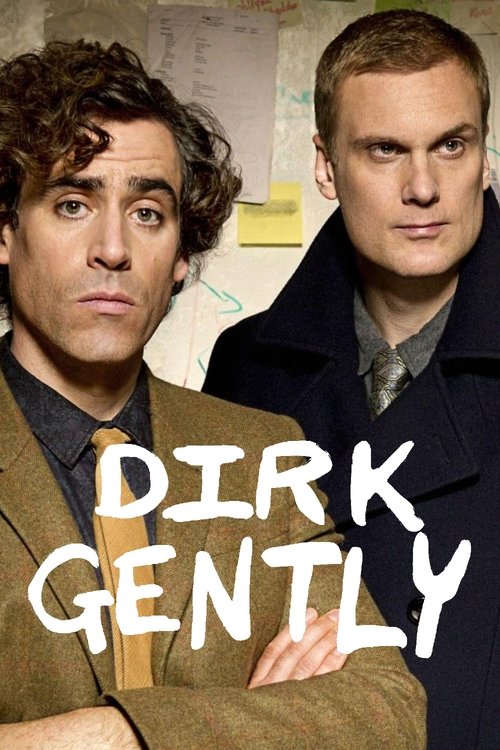
Dirk Gently
Detective Dirk Gently operates based on the fundamental interconnectedness of all things.
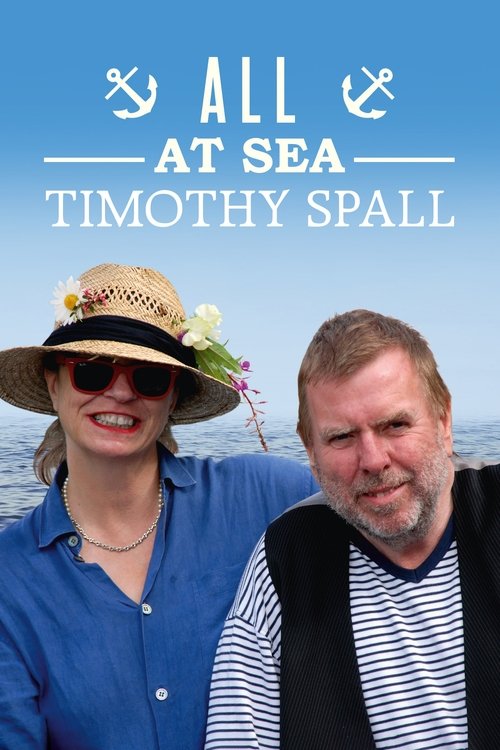 0
0Timothy Spall: All at Sea
Timothy Spall and his wife Shane are back on board their beloved barge the Princess Matilda as they conclude their trip around the British coast.
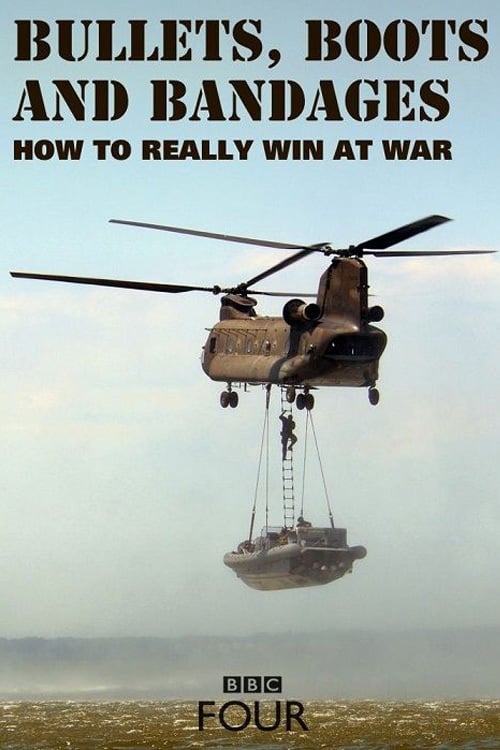
Bullets, Boots and Bandages: How to Really Win at War
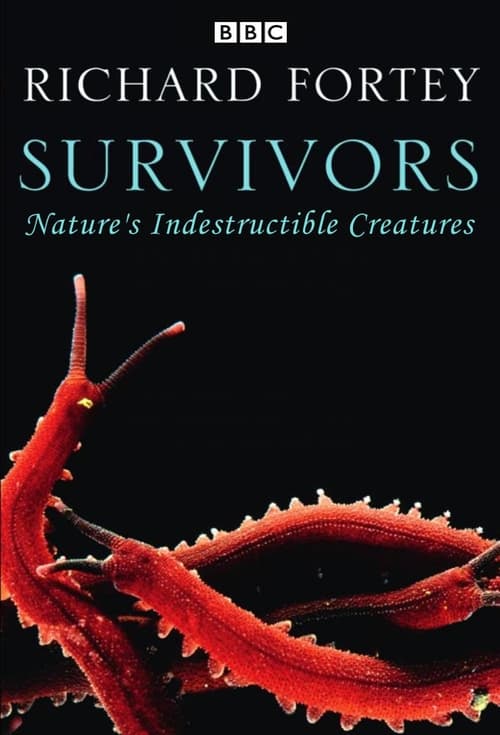 0
0Survivors: Nature's Indestructible Creatures
It is estimated that 99 per cent of species have become extinct and there have been times when life's hold on Earth has been so precarious it seems it hangs on by a thread. This series focuses on the survivors - the old-timers - whose biographies stretch back millions of years and who show how it is possible to survive a mass extinction event which wipes out nearly all of its neighbours. The Natural History Museum's professor Richard Fortey discovers what allows the very few to carry on going - perhaps not for ever, but certainly far beyond the life expectancy of normal species. What makes a survivor when all around drop like flies? Professor Fortey travels across the globe to find the survivors of the most dramatic of these obstacles - the mass extinction events.
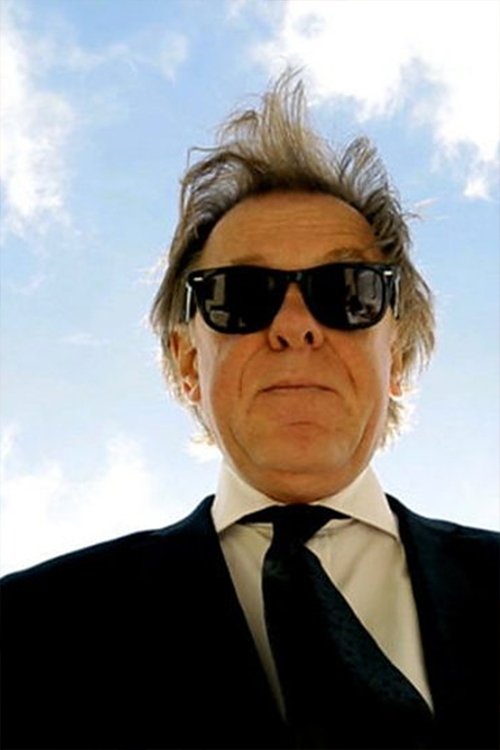 0
0Jonathan Meades On France
Jonathan Meades scrutinises the 95 per cent of France that Brits drive through and don't notice en route to the 5 per cent that conforms to their expectation
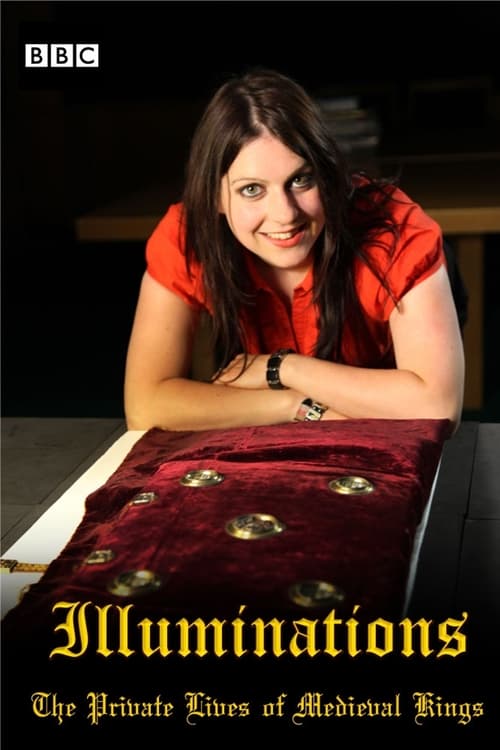
Illuminations: The Private Lives of Medieval Kings
Through this three part series Art Historian Dr Janina Ramirez tells the story of the Medieval monarchy as preserved through stunning illuminated manuscripts from the British Library's Royal Manuscripts collection.
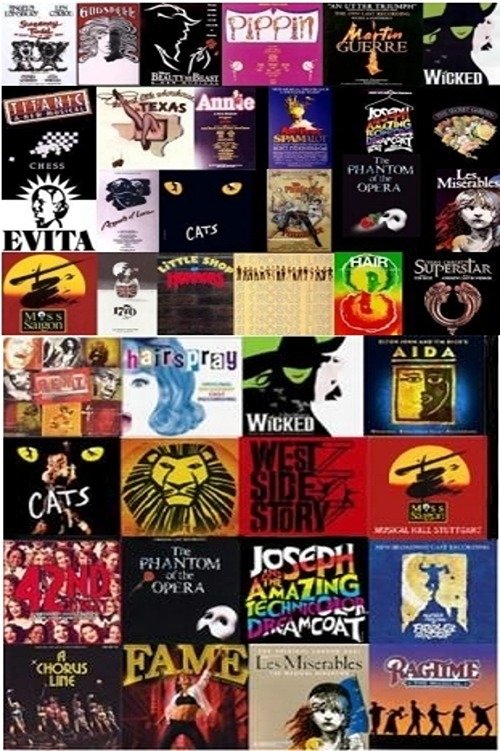 0
0The Story of Musicals
A three-part series exploring how the British musical became a driving force behind musical theatre around the world — a tale of shows, daring, rivalries, talent and fortunes are set in just a single square mile.
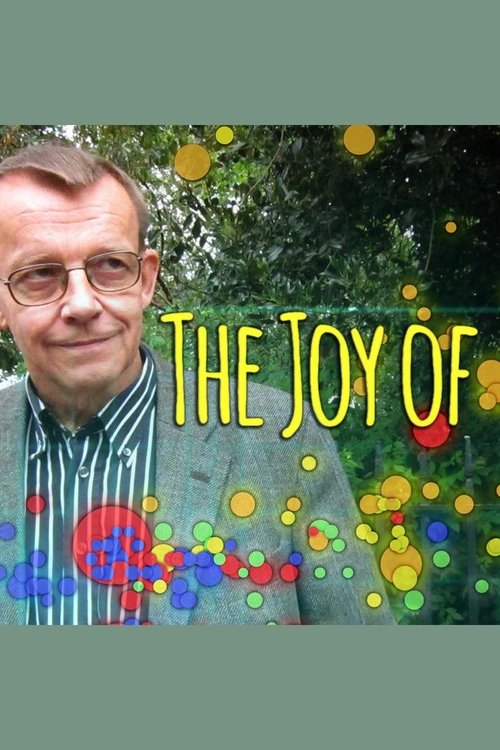 0
0The Joy Of...
A witty and stimulating look at Chance, Logic, Data and Statistics and the roles they play in our lives.
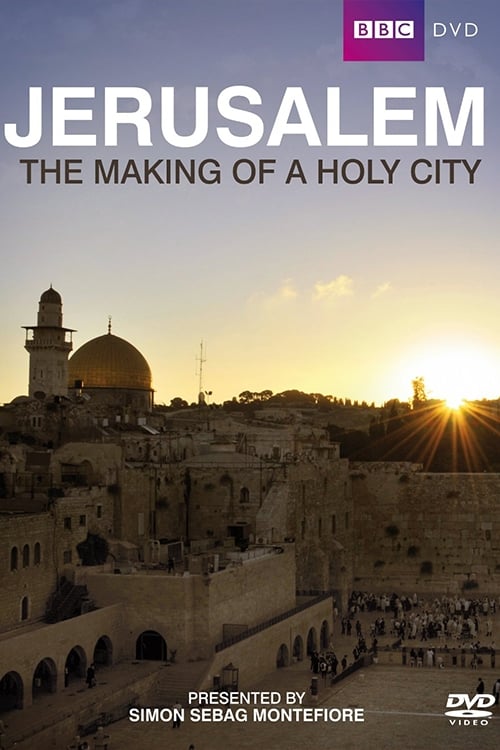
Jerusalem: The Making of a Holy City
Author and historian Simon Sebag Montefiore presents a three-part series that illuminates the history of the sacred, and peerlessly beautiful city - Jerusalem.

Art of America
Andrew Graham-Dixon embarks on his most ambitious journey yet, an exploration of the rich, exciting and diverse art history of the United States of America
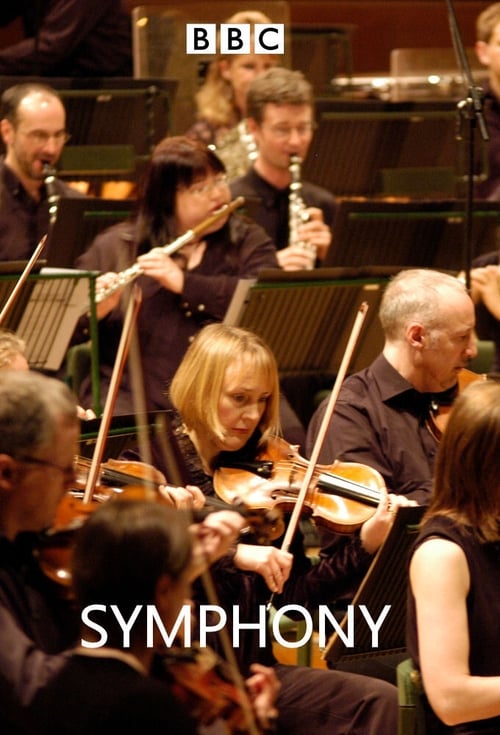
Symphony
Simon Russell Beale presents a radical reappraisal of the place of the symphony in the modern world and explores the surprising way in which it has shaped our history and identity.
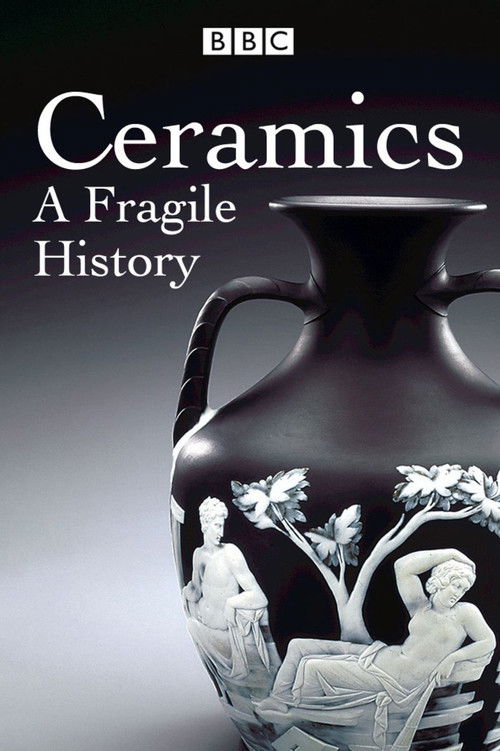 0
0Ceramics A Fragile History
Ceramics are one of the oldest and most-fundamental art forms around. Ceramics are used for everything from eating and drinking to celebrating birth, marriage or even death. Many people believe that ceramics contain social DNA and reveal about the taste and habits of a nation. This three-part series explores the history of the art form in Britain, beginning in Tudor times, and traces the evolution of different techniques and styles used in the art of pottery. The programme also explores key figures who helped put British ceramics on the map and revolutionised the industry.
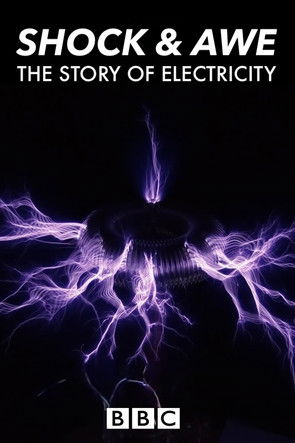
Shock and Awe: The Story of Electricity
Professor Jim Al-Khalili tells the electrifying story of our quest to master nature's most mysterious force - electricity. Until fairly recently, electricity was seen as a magical power, but it is now the lifeblood of the modern world and underpins every aspect of our technological advancements. Without electricity, we would be lost. This series tells of dazzling leaps of imagination and extraordinary experiments - a story of maverick geniuses who used electricity to light our cities, to communicate across the seas and through the air, to create modern industry and to give us the digital revolution.
 0
0Sandhurst
Documentary series shot at the Royal Military Academy over the course of a year, following the journey of one intake of cadets through the 200-year-old institution.
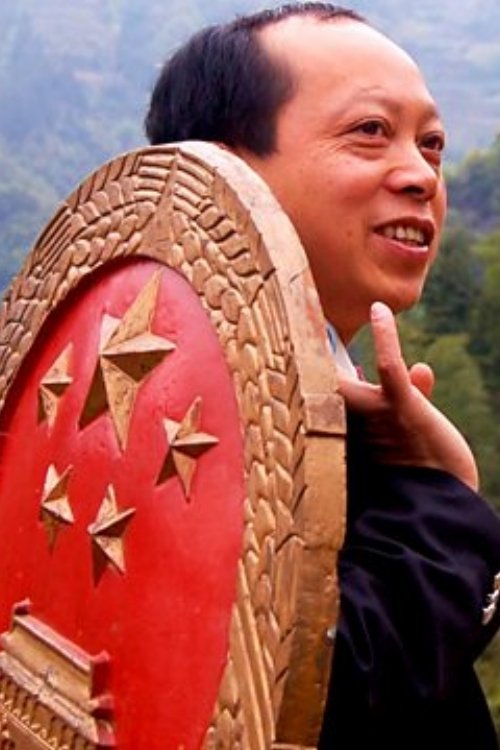 0
0Law of the Dragon
Examine how justice is served in rural areas of China so remote and isolated that the villagers have almost no contact with, and are deeply mistrustful of, the central government.
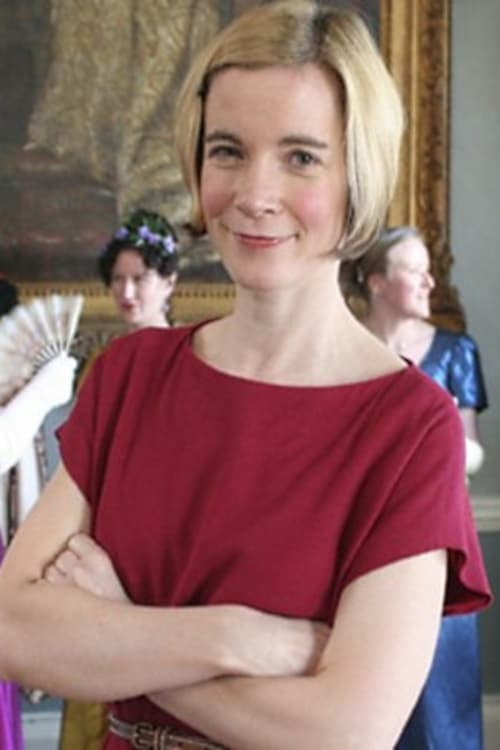
Elegance and Decadence: The Age of the Regency
Historian Lucy Worsley presents a series marking the 200th anniversary of one of the most explosive and creative decades in British history, the Regency.
